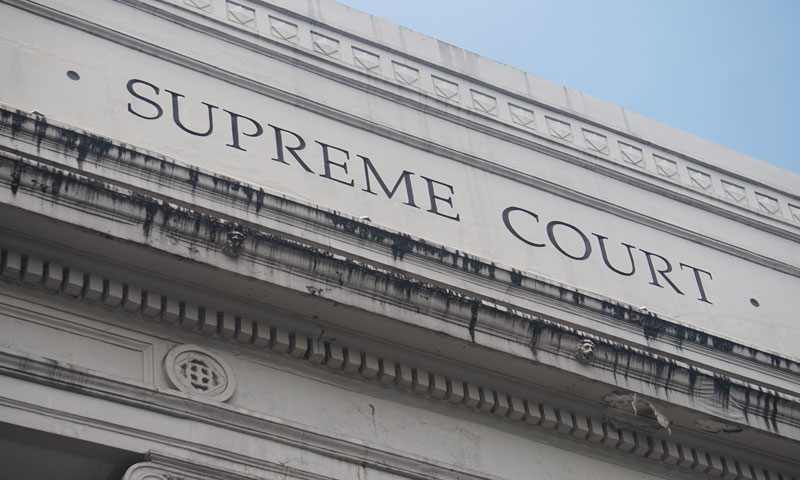
As we had previously reported, reported in an answer to a panicked official in their U.S. office over the issue, a Standard Chartered top official had written back from UK: “You f***ing Americans. Who are you to tell us, the rest of the world, that we’re not going to deal with Iranians.”
It seems the British Bank has since then reassessed its views about the U.S. regulatory system as its stock in U.S. began to drop sharply last month and angered regulators threatening to revoke the bank’s license to deal in New York.
Julie Gibson, a spokeswoman for Standard Chartered in New York said, “We are pleased to have reached a final settlement with the Department of Financial Services, and we look forward to resolving all outstanding issues with other U.S. authorities related to our past sanctions compliance.”
However, Benjamin Lawsky’s move against Standard Chartered bank last month had drawn significant opposition from other U.S. regulators who had been investigating the bank for about two years, and were looking forward to more time over completing their investigations and reaching a single global settlement.
Right now, the settlements with different U.S. regulators would in effect be piecemeal and according to the bank its negotiations are parallel ongoing with the U.S. Treasury Department, Justice Department and the New York Federal Reserve.
The disputes are over about $250 billion in transactions that the bank provided to its Iranian customers from 2001 through 2007 in U.S. dollar clearing services despite U.S. sanctions against Iran. Allegations against the bank include hiding the nature of the transactions by removing codes on money transgers and altering message fields inserting untraceable notes like “NO NAME GIVEN.”






































